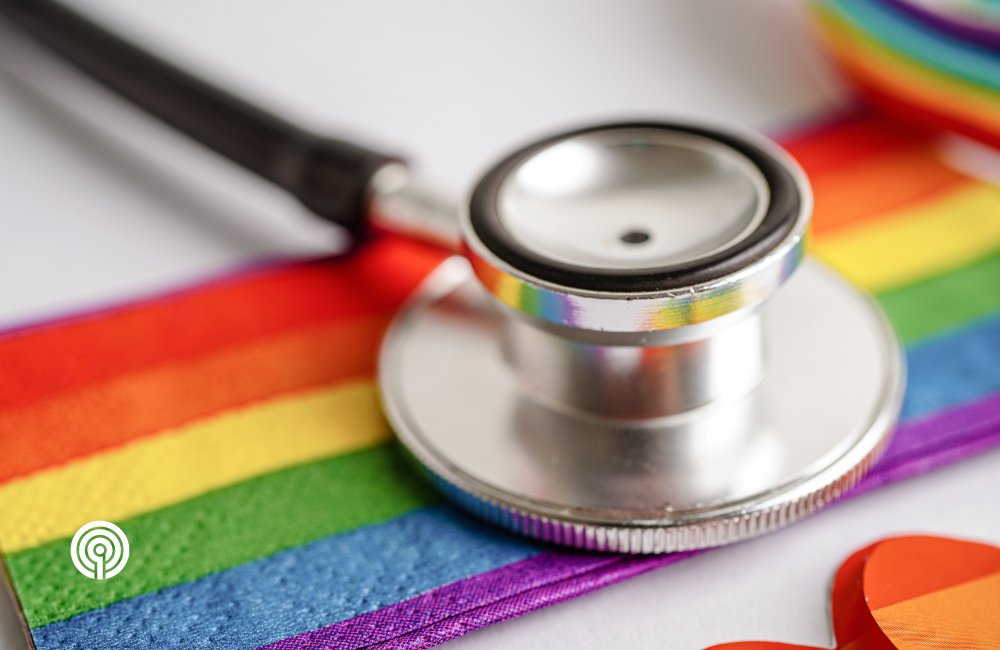Pride Month Activities for Enhancing LGBTQ+ Cultural Competency in Healthcare

Pride Month, celebrated in June, honors the LGBTQ+ community’s history, achievements, and ongoing struggle for equality. It presents a unique opportunity for healthcare organizations to enhance cultural competency and address implicit biases with their staff. Here are some activities and initiatives that can promote a more inclusive and supportive environment for LGBTQ+ patients and staff.
Pride Month activities for healthcare teams
1. Educational Workshops and Training Sessions
Interactive Workshops: Organize workshops focusing on LGBTQ+ cultural competency, covering topics such as the history of the LGBTQ+ rights movement, understanding diverse identities, and respectful communication practices.
Implicit Bias Training: Help staff recognize and address their implicit biases with training and assessment. Use tools like the Implicit Association Test (IAT) to help participants become aware of their unconscious biases and learn strategies to mitigate them. For comprehensive training, enroll your staff in Quality Interactions’ LGBTQ+ cultural competency course and Implicit Bias course.
2. Panel discussions and guest speakers
Expert Panels: Host panel discussions with LGBTQ+ healthcare professionals and advocates who can share their experiences and insights. These panels can provide valuable perspectives on the healthcare needs and challenges experienced by LGBTQ+ individuals.
Guest Speakers: Invite speakers who specialize in LGBTQ+ health issues to talk about best practices, current research, and policies that support LGBTQ+ health equity. These sessions can help staff stay informed about the latest developments in LGBTQ+ healthcare.
3. Inclusive policy review
Policy Audit: Review organizational policies and procedures to ensure they are inclusive and non-discriminatory. This might include updating patient intake forms to include preferred names and pronouns, revising non-discrimination policies, and ensuring benefits cover LGBTQ+ specific healthcare needs.
Staff Involvement: Encourage staff to participate in policy review processes. Creating a diverse committee to oversee these changes can ensure multiple perspectives are included.
4. Support groups and safe spaces
Support Groups: Establish support groups for LGBTQ+ staff and patients. These groups can provide a safe space for individuals to share their experiences, offer support, and build a sense of community within your organization.
Ally Programs: Develop ally programs that encourage staff to become allies and advocates for the LGBTQ+ community. Provide education on how to be an effective ally and resources to support ongoing education and advocacy efforts.
5. Community engagement and partnerships
Community Outreach: Engage with local LGBTQ+ organizations and participate in community events. This can include sponsoring Pride events, health fairs, and educational seminars.
Collaborative Initiatives: Partner with LGBTQ+ advocacy groups to develop joint initiatives aimed at improving healthcare access and outcomes for the LGBTQ+ community. These partnerships can also provide valuable resources and support for staff training and development.
6. Pronoun awareness and use
Pronoun Education: Offer training sessions on the importance of appropriate pronoun use and how to ask for and use someone’s pronouns respectfully. Educate staff on the impact of misgendering and the role of pronouns in affirming a person’s identity.
Pronoun Practice: Create opportunities for staff to practice using different pronouns in a supportive setting. Role-playing scenarios and group discussions can help build confidence and fluency in using a variety of pronouns.
7. Visibility and celebration
Pride Celebrations: Organize Pride Month celebrations within your organization. This can include decorating common areas with Pride flags and symbols and hosting themed events.
Visibility Campaigns: Launch visibility campaigns highlighting the stories and contributions of LGBTQ+ staff and patients. Sharing these stories can foster a more inclusive and welcoming environment.
8. Resource development
Educational Materials: Create and distribute educational materials on LGBTQ+ health and cultural competency. These might include brochures, posters, and online resources.
Guide to LGBTQ+ Podcasts and Entertainment: Curate a guide featuring recommended LGBTQ+ podcasts, books, movies, and TV shows. This guide can provide staff with diverse perspectives to reduce bias and help them stay informed about LGBTQ+ culture and issues in an engaging way.
Fostering an inclusive LGBTQ+ healthcare environment year-round
Participating in Pride Month activities can help your healthcare organization take meaningful steps toward promoting cultural competency and addressing implicit biases. These efforts not only enhance the quality of care for LGBTQ+ patients but also create a more inclusive and supportive environment for all staff members. Embracing these initiatives demonstrates a commitment to LGBTQ+ inclusion and equity, which are essential for creating a welcoming healthcare environment for all patients.

